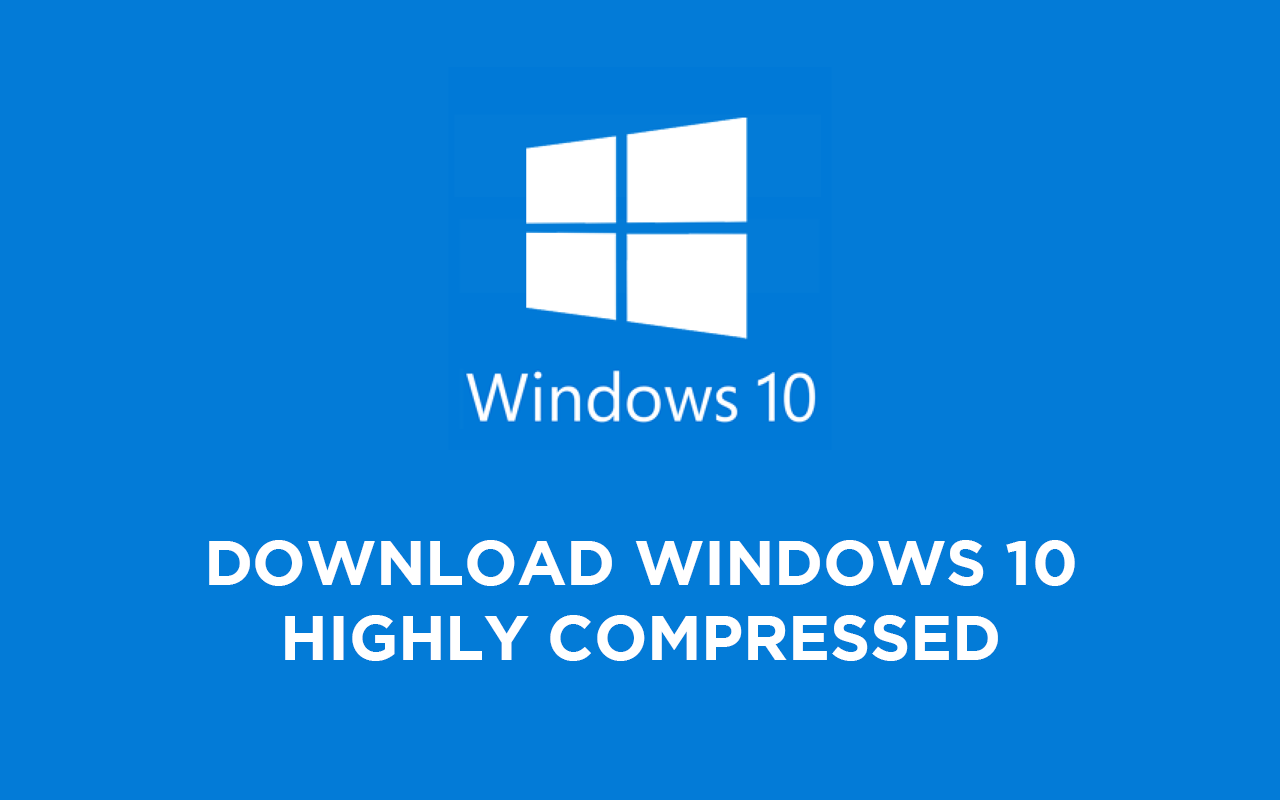Many companies have started to discover the advantages of the cloud, but this system has been around for approximately 20 years now. Despite information and studies showing that many companies can be more efficient, save on costs, and compete better in their industries with the help of the cloud, many are still operating without this system. Learn more about the cloud at this link here.
Research conducted by the International Data Group showed that more than 60% of the businesses might already be using cloud technology in some form or the other. Over 15% of the company owners say that they are planning to incorporate the cloud computing solution in the future but there may not be a need for this today.
Many more prominent companies have also done studies, and it showed that the enterprises that are using the cloud enjoy more mobility, security, revenues, and bigger storage spaces. They have gained more payments about 50% faster than their competitors.
As the numbers show, businesses into the digital age and getting tech-savvy have the edge over their other competitors. They are the leaders and trendsetters in the industry, and they can be the first ones to reap the benefits that the internet offers. More than these figures, the use of this technology means that the organizations can serve more customers better, and they can significantly increase their profits in the coming years.
The Cloud May be the Answer to your Business

Both consumers and companies are moving on to the digital age today because it makes everything handy. As a business, you can make this into an advantage with the help of G12 Microsoft Direct Routing phone systems that will help you make and receive calls on a platform. Conversations are integrated into a single app, and you will be able to do video conferences while the other members are in other locations.
The exponential increase of technology has resulted in the cloud becoming more popular. As the 21st century is introducing new lifestyles and disrupting routines known by society, it becomes apparent that organizations have to keep up.
Flexibility Should be Present
With the pandemic affecting millions of lives, a business needs to become more flexible. They should be able to operate even when everyone is at home and without a physical office. Most of their customers should be able to reach them any time of the day, and their conversations should be recorded for the references of other employees. These are all possible with the cloud platform and environment where there’s no need to install in-house computer servers.
With companies storing a lot of customer information on their database, it makes sense to transition into the cloud to get more data storage. Another thing is that pen and paper can be a thing of the past, which are susceptible to water and fire damage. Storing the information on a cloud means that it’s accessible anytime, and as long as the servers are in a safe location, all the files and chat history will be safe and secure as well.
Cloud computing is web-based, which means that the users will get access to their emails, essential memos, and training while they are at home. The files can be sent to another user in a second, and everything is done online. It takes Wi-Fi or mobile data to operate daily. This means that companies don’t need to install computers, landlines, and other hardware inside an office. The business can quickly ramp up their employees and access the platform, even if they are new. They won’t have to buy another computer for the employee or spend hours installing software to get them ready.
Overall, the operation is simple. Clients can do faxing, calling, conferencing, and emailing on a single platform without keeping many computers inside their offices. The bulk of the systems are not inside the office, but third-party providers handle them.
Many companies may already begin to use the cloud system without realizing this. Some of the more common services needed in work every day can be Facebook, Google Drive, Gmail, Instagram, and TurboTax. These are all cloud-based apps that have hosted servers.
To access these, users need to send their personal data and login credentials to the servers to be stored accordingly. These are the bases that can let the users access their emails and chats when they decide to later on. Personal users find their social media platform valuable, but businesses may also find these even helpful.
Larger enterprises need to store a large amount of data containing customers’ information, credit card details, and other company files that should not be accessible to unauthorized employees. This is why they need a secure platform that can let them add more information whenever they need it.
As an example, a cloud-based CRM usually stores customer information, and many can access them using tablets or smartphones. Read more about CRMs on this site: https://www.techopedia.com/definition/23326/customer-relationship-marketing-crm. The quick sharing of information of the authorized parties is beneficial, making a business gain an edge over its competitors.
Still, it’s understandable that many corporate directors are hesitating to integrate these cloud-computing solutions into their systems. Here are some of the advantages that may change your mind about the cloud.
- Plenty of Savings

You may be a corporate owner who is worried about the price tag of the entire subscription. Worrying about the communications system’s migration to an internet-based server is normal, but you can also think about the pros and cons when making the change. You can compute the returns and compare them to the initial price.
If you’re on the cloud, the ease of access to your data can save you plenty of trips to your offices. People may be worried that they will end up paying for a feature that they don’t need, but most of the services are tailor-fit to your company’s operations. This means that you will be able to get the benefits that you need, drop the ones you don’t want, and save more in the process.
Systems like pay as you go can apply to data storage for both clients and employees. You can increase the overall space as much as you want, and you won’t get charged if you decide not to. When you combine these factors, they can result in higher returns and lower costs.
- More Security
Some businesses have security concerns when it comes to the adoption of a cloud-computing service. You don’t need to worry about this, though, as big companies take data very seriously and do security patches regularly to prevent cyberattacks.
The hosts are carefully monitoring your online activity, and if there are suspicious logins from other devices, they will let you know about them immediately. The security efforts are stronger than what many companies put into their in-house systems, and the IT techs are very careful that data theft won’t happen.
The truth is that most of the data theft situations were perpetrated by employees themselves regardless of whether this possibility was considered by business owners. The cloud can offer you many benefits because it only gives access to the authorized people in the organization. It’s safer for any corporation to keep their data offsite.
- More Flexibility
You can only focus on so many aspects of your business to run it efficiently. You may look at the payroll, services, products, refunds, and a lot of other responsibilities. However, this does not mean that you should neglect the system. If you have in-house IT employees forcing you to commit your attention to a data storage problem, you may have to forget about the other aspects and leave customers unsatisfied.
With a reliable organization that takes care of all the IT infrastructure, you don’t have to worry about it. They are the ones that are making security patches and updates to the platforms, and all you need to do is to focus your energy on running our business. You can devote your time to other, more important things, giving you more flexibility.
Flexibility and mobility are present in cloud platforms, and they are more efficient than the local servers. You may need extra bandwidths because you’re essentially scaling up, and this is never a problem with the cloud. You can take up as much space as you want with a matching subscription, and your provider will handle the setup.
There’s also access to mobile devices like tablets and smartphones. Employees can read emails and get memos even if they are working from home. Many people are informed about what’s going on with a project, and no one is left out of the loop.
Busier schedules can be managed effectively, and everyone can inform their co-workers about newer updates and company policies. There’s work-life balance in this kind of setup, and it’s not surprising for many to prefer this kind of work arrangement. Many organizations have expanded their reach through cloud usage, and it may be time for you to do the same.











![How to Unlock Bootloader without PC On Android [2022]](https://cracktech.net/wp-content/uploads/2019/02/unlock-boot.png)